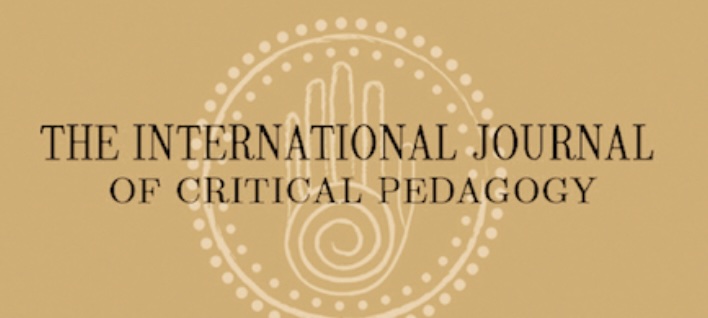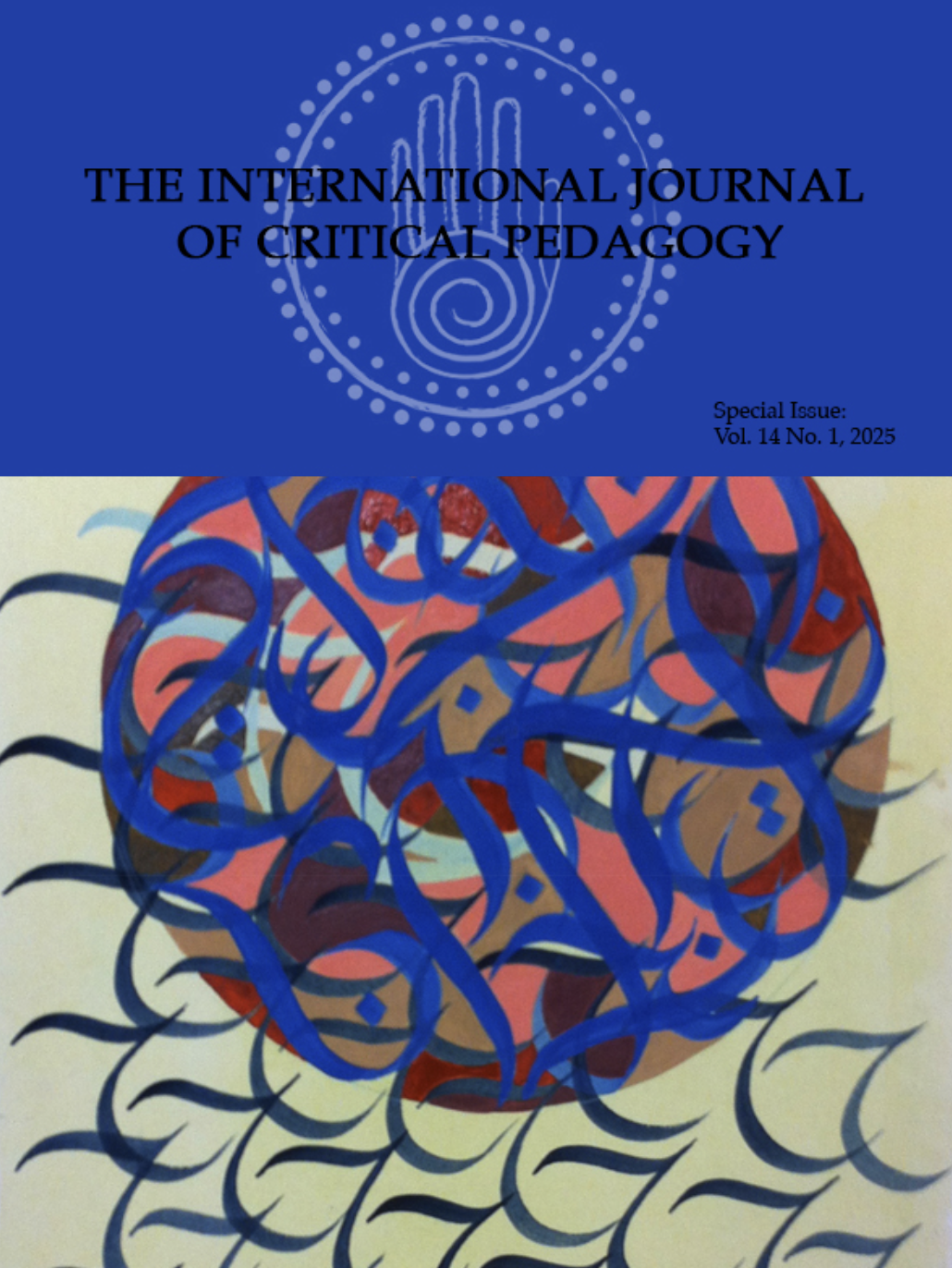Abstract
The paper critically evaluates the challenges involved in the contextualization of critical pedagogy tenets. Although critical pedagogy’s chief claim is to enforce an informed and committed praxis, yet it has been criticized as a grand narrative (Daneill, 1999). Daneill criticizes critical pedagogy’s overgeneralization of repression, as if all students anywhere in the world are oppressed as well as unaware of oppression. The paper tries to probe the issue whether critical pedagogy can practically be implemented in any given situation. Pedagogy of place theories have been taken into consideration to probe further into multicultural educational needs. In this regard, Pakistani context has been chosen to analyze the implications of applying critical pedagogy to a literature classroom by using the method of grounded theory. The results emphasize that the contextualization of critical pedagogy ideals is very important. This can be achieved by first identifying the nature of oppression in any area and then encouraging teachers to become pedagogues, emancipating students from social and cultural bondage. Teachers who successfully transform themselves into pedagogues can lead students towards some sort of transformation in individual as well as social capacity.
Keywords: Critical pedagogy, grand narrative, praxis, pedagogy of place
How to Cite:
Perveen, A., (2015) “Critical Pedagogy of Place in a Pakistani English Literature Classroom”, International Journal of Critical Pedagogy 6(2).
Downloads:
Download PDF
View PDF

